"Knowledge and technology transfer is an important path to innovation. Our experience shows that valuable innovative products, services and processes can be created when universities and companies co-operate," said Katharina Keienburg, a consultant on knowledge and technology transfer at the IKS. As an entity of the City of Hamburg and the Chamber of Commerce, the IKS acts as a one-stop shop for innovation ideas from both commerce and science and business given its vast network.. "We are primarily a mediator, but also a carer and translator because science, commerce and politics often speak different languages. That enables us to avoid misunderstandings and to clarify the respective expectations and suggest suitable events."
The Innovation Contact Centre Hamburg (IKS Hamburg) is celebrating its 15th anniversary in 2026 and can look back on a wealth of projects, collaborations and consultations. The city is an excellent science center and features nearly 30 universities and various non-university institution, such as the Deutsches Elektronen-Synchrotron (DESY) in the Hamburg Metropolitan Region and the Bernhard Nocht Institute for Tropical Medicine in Hamburg itself. More than 10,000 researchers are investigating issues with transfer potential. That would allow companies to boost their R&D and to prepare themselves for the future.
One-stop shop for innovation ideas
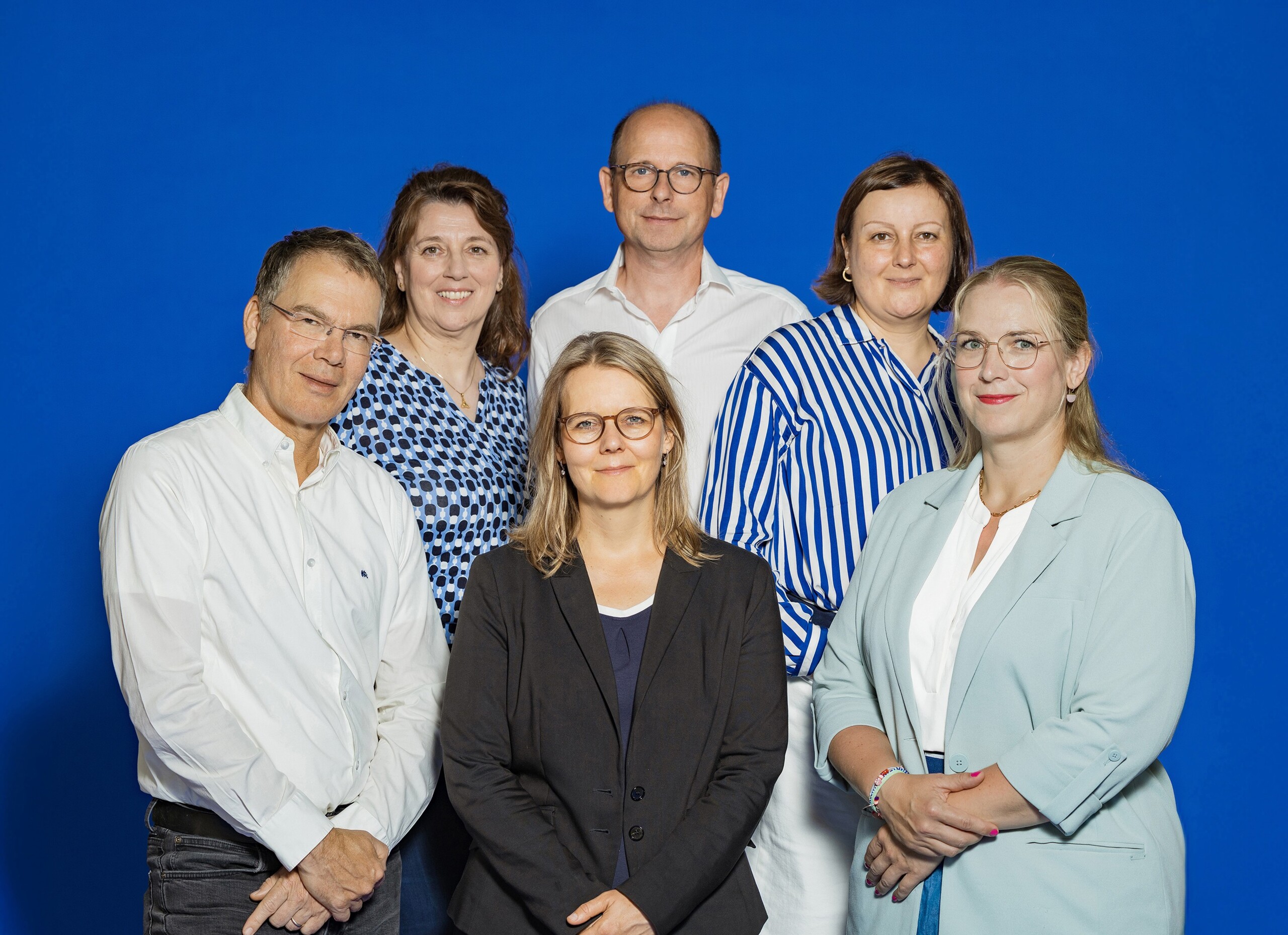
ICS mediation approaches
IKS organises "highly diverse events", said Dr Florian Vogt, Director of IKS, adding: "We arrange everything free of charge from low-threshold entry-level events such as expert discussions, bachelor's and master's theses to expert reports or three-year 1:1 collaborations in funded projects through to nationwide or large international collaborative projects. We look for the right partners and ensure we come up with the solution to the problem." IKS works across all sectors and for companies of all sizes - from startups and SMEs to large corporations. "The latter usually have their own R&D departments unlike SMEs and startups, who do not benefit from our network in Hamburg's innovation ecosystem," says Keienburg. Hamburg News presents three examples of successful ICS projects.
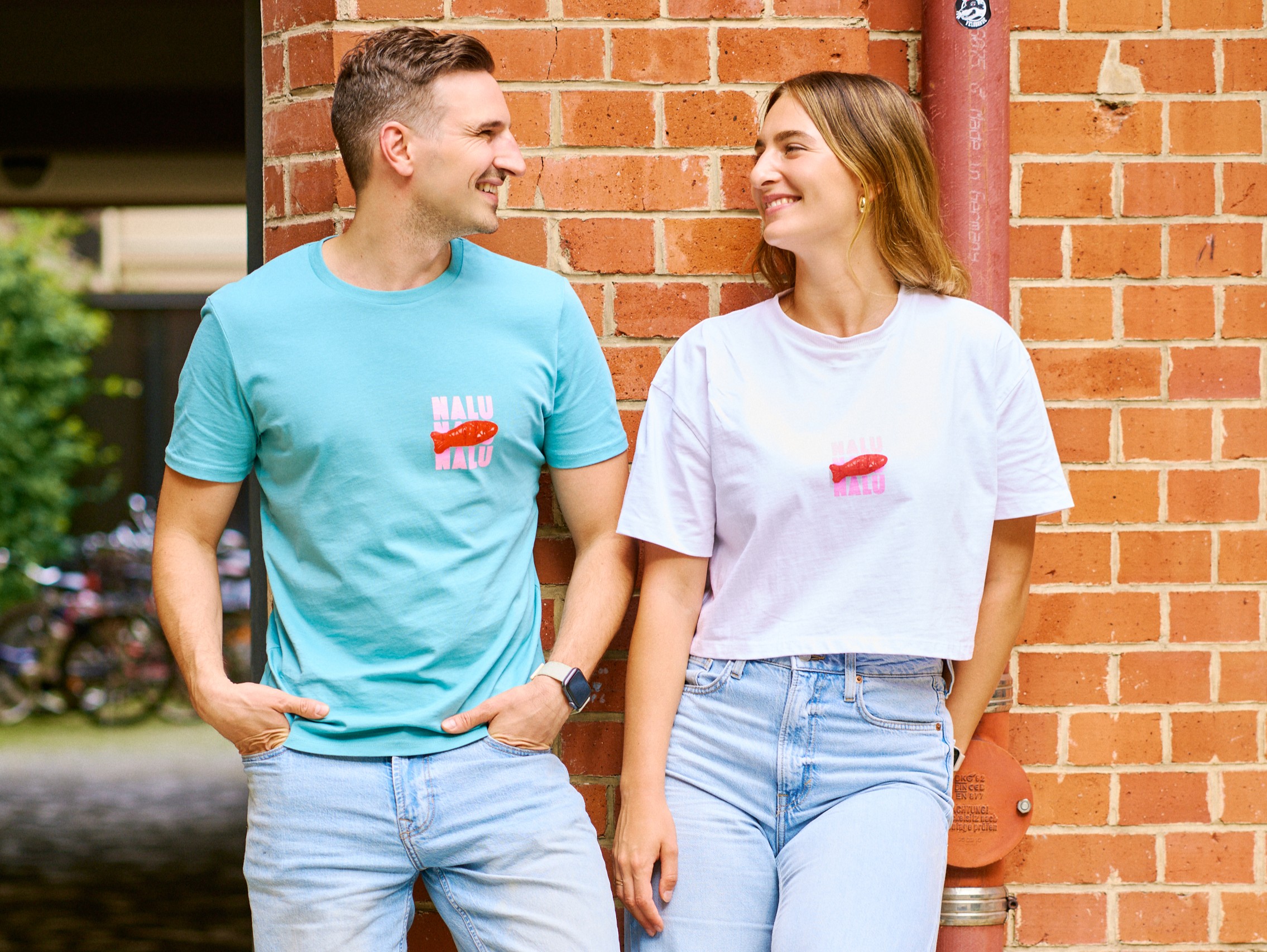
Nibbling without guilt
The NALU startup focuses on sugar-free fruit gums. Founders Max Schön and Lisa Ippolito prefer to use the natural sweetness and fibre of chicory root and corn, as well as the colour and flavour of vegetables, to create natural flavours. Their first two products contained 80 per cent less sugar than conventional fruit gums. The founders now wish to grow the product range which ideally will contain zero sugar," said Keienburg. To this end, the founders and sought scientific advice. "First, we analysed their requirements and approached the Department of Ecotrophology at the Hamburg University of Applied Sciences with a draft of a project suitable for a university. There we immediately met with an open ear," said Keienburg. Backed by a Master's student in Food Science, NAL launched another product on the market, namely, Sour Starfish, which contain 90 per cent less sugar. "We haven't reached 100 per cent yet, but we're getting there." And the student now hopes to stay on board and write her Master's thesis backed by NALU.

ISEAD - AI for detecting marine life
Planning a new offshore wind farm prerequisites an environmental study of seabirds and marine mammals at the envisaged site. To this end, photo and video recordings are analysed manually and can be very difficult to interpret due to high waves or blinding sunlight. "To alleviate this highly complex procedure, we brought together the providers of such reports, the IfAÖ Institute for Applied Ecosystem Research - now renamed GICON Ecosystems GmbH - and HITeC, the Research and Technology Transfer Centre of the Department of Computer Science at the University of Hamburg, to form the Intelligent Sea Animal Detection (ISEAD) project," said Dr Florian Vogt. HITeC has developed and trained special deep learning pipelines for AI-based detection. "The technological approach sped up the evaluation by a factor of 50," Vogt stressed. IKS offered advice about funding schemes for the three-year project while the Hamburg Investment and Development Bank (IFB Hamburg) provided €300,000 in funds via the PROFI funding scheme.
KIOptiPack - optimising plastic packaging
Plastics are practical, but pollute the environment, if they are not recycled. However, the 30 per cent target of recyclates for new packaging production is unachievable and comes to a mere 11 per cent. The KIOptiPack - Design and Production project, funded by the German Ministry of Research, Technology and Space, aims to alter this situation. More than 50 partners in industry and science have joined forces throughout Germany for AI-based optimisation of plastic packaging and using far more ecycled materials. "On the one hand, this is about the technical aspect of material cycles, but also about increasing consumer acceptance through an attractive product design that takes recyclability into account from the outset," said Vogt. The IKS co-ordinated all the north German partners and it alos brought scientists from the University of Hamburg on board via HITeC. The research and technology transfer centre organises AI workshops for the partners and develops the requirements for a demonstrator that will showcase the recyclability of plastic packaging.
Current issues
The range of innovation approaches backed by the IKS is extremely diverse, said Keienburg and Vogt. "We started working with AI early and have built up expertise. In addition to digitalisation issues, we are currently focusing on sustainability, the circular economy and new food," Vogt pointed out. And Keienburg added: "We save our customers time, effort and money by finding suitable co-operating partners based on our 15 years of experience, identifying collaborations with special added value and advising on possible funding opportunities."
ys/pb
Sources and further information
More
Similar articles
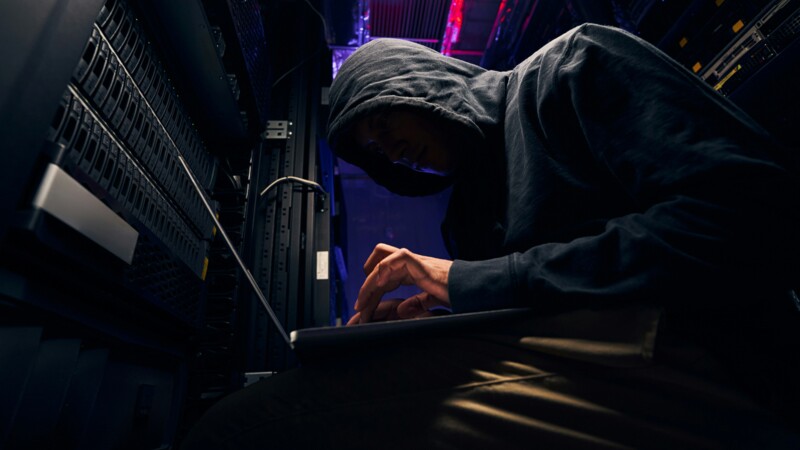
Cyber security key issue for research and commerce
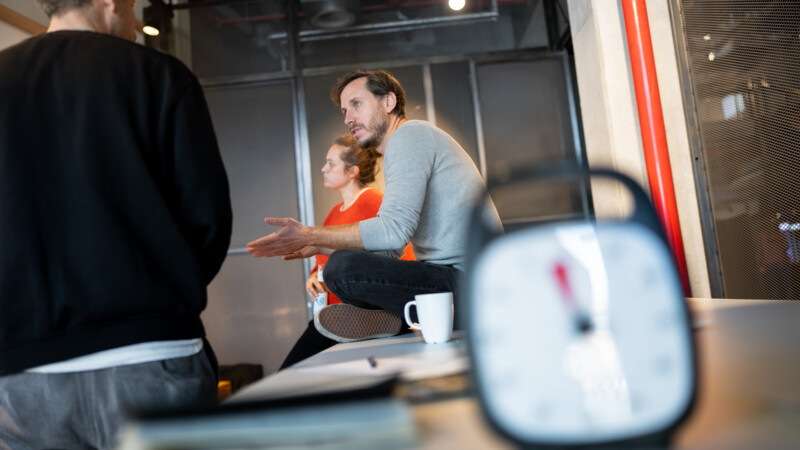
Hamburg's creative innovation partnerships
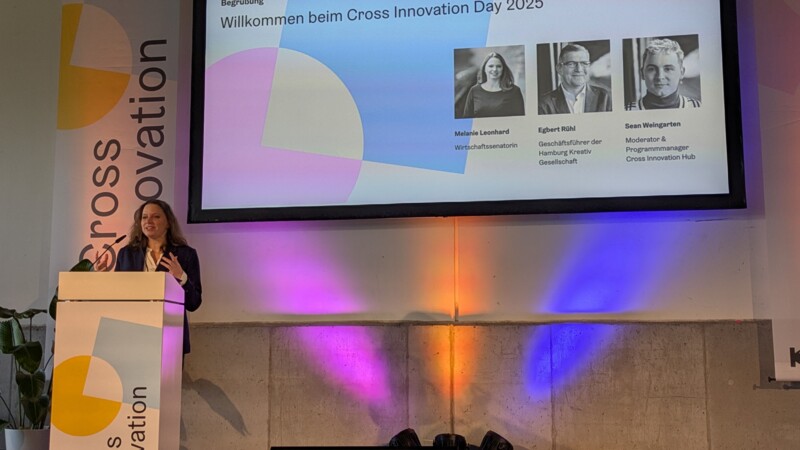
Shaping innovation together
